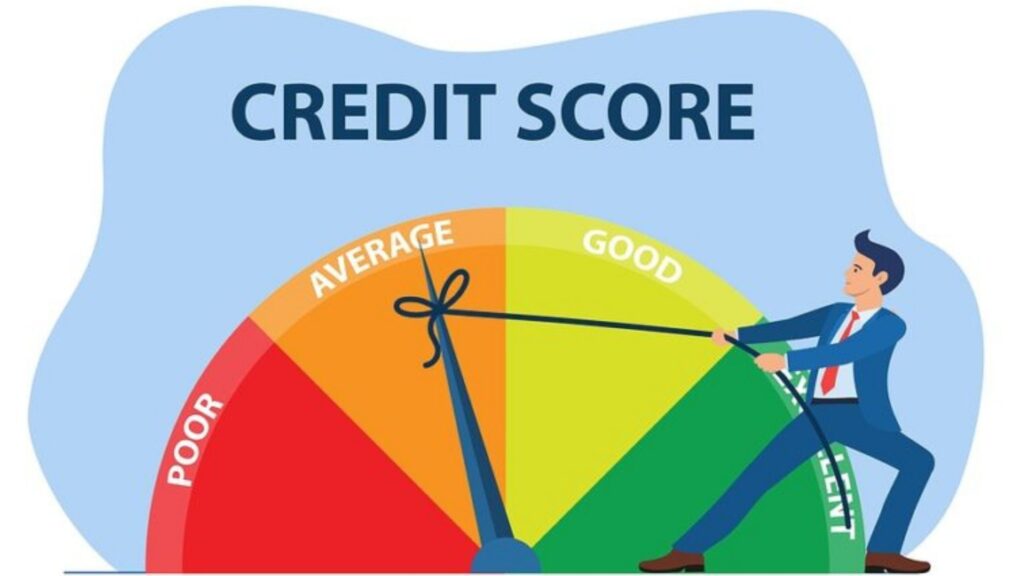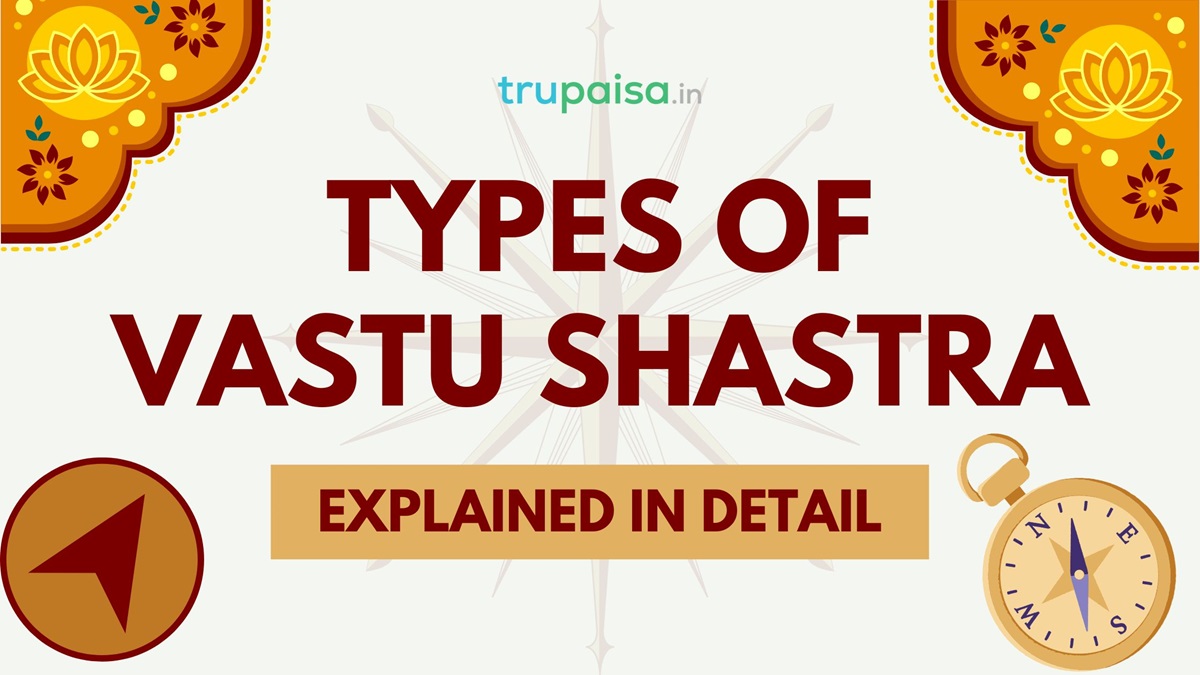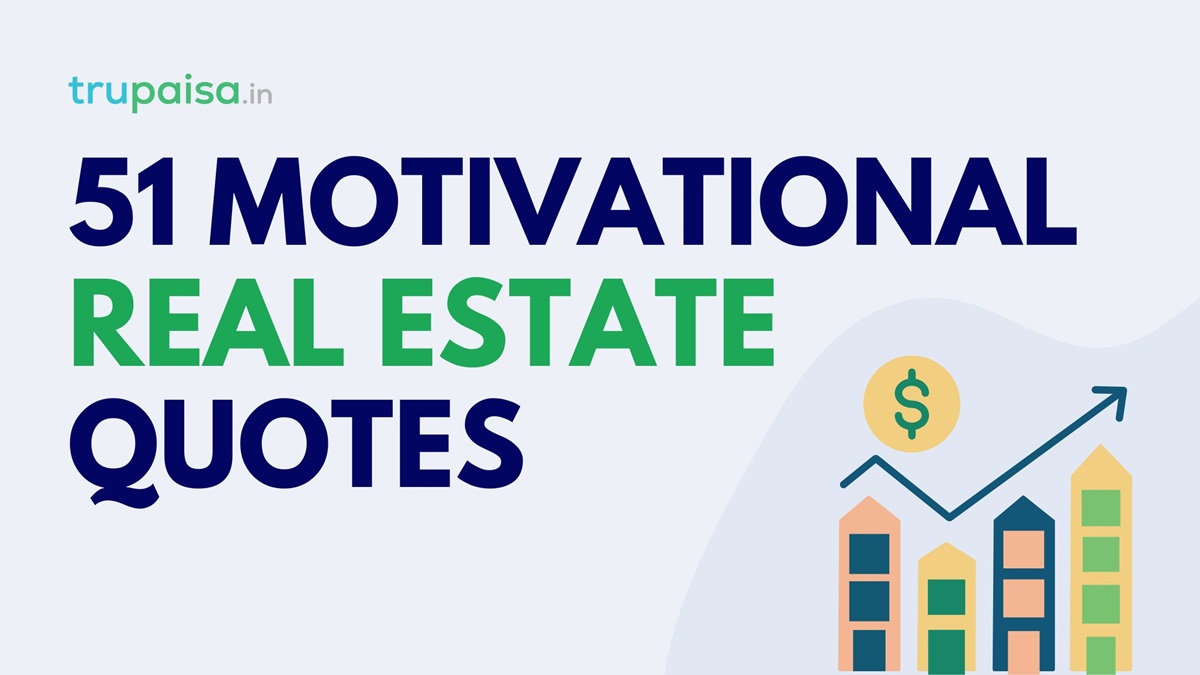If yes are planning to buy a home and keeping a eagle eye on home buying guide, you quest is over now. Lets see how…
Buying a house in India is quite a complex and exhaustive process. Isn’t?
For most of us, it takes around 1 to 3 months time to explore different options. Before finalizing any property, from a vast pool, we consider many factors.
When we start our lookout for properties in India, we have primarily two choices.
We can either go for ready-to-move property or we can consider under-construction property. Analysis of both types of properties is altogether a different ball game.
The typical home buying process, indeed, starts with judging your budget, looking for different projects in different micro-markets in a city of your choice, picking the best suitable option for you, applying for a home loan (if, required) from the best possible option and finally registration of your property and taking possession.
It seems quite easy and straight. But practically it is a cumbersome task.
As we know “The devil is in the details”. To make judicious decisions at every step in the process, we should have an in-depth understanding of the home buying process. We have to ensure that we do not end up buying the wrong property for our family. We also have to ensure that we do not get cheated by fraudulent developers/builders/agents/brokers.
Moreover, when we do our homework beforehand, developers or real estate consultants, brokers, or agents will not be able to take us for a ride.
Home Buying Guide- Estimate your Budget
There is no point in exploring properties worth 50 lacs onwards, if have approx. 20 lacs in your kitty. On the other hand, if you have a budget of 1 crore, you will definitely NOT like to consider properties in the range of 30-70 lacs.
I understand the above-mentioned standard prescription is not applicable at all the time. let’s see this in the below scenario.
A couple of days back, I spoke to a client who wants to buy 3/ 4 BHK flat under 90 lacs and I have advised him to combine two units of 2 BHK and Study (Rs. 45 lacs each unit). This way he will get 4 bedrooms, a massive drawing room, a study room, and a store also.
The moral of the story is to keep your mind open in considering the different available options in the market. Nevertheless, having a broad idea of your finances is critical.
Besides this, most developers tend to publish the BSP (Basic Sales Price) instead of the total cost of a property which includes charges such as EDC, IDC, Firefighting, IFMS, GST, registration cost, etc.
So, in order to have a complete costing, always ask for the “Total Cost” of your flat.
My Take:
Don’t leverage yourself too much. Buying a home, most of the time is an emotional decision of the entire family. Moreover, an average Indian buys one or two homes in an entire lifetime. Consequently, we tend to over-leverage our finances and end up paying heavy EMIs.
Home Buying Guide- Check CIBIL: Your Credit Score

This step is relevant to you if you are planning to take a home loan. Whereas, unlike most of us, if you have enough funds to buy a home on complete payment, there is no need to get into trouble of checking your credit score (CIBIL)
I came across instances where the potential buyer does an extensive search in the market and decided to go ahead with a particular property with the option of taking a home loan. On further discussion with him, I realize that he gets a cash salary, doesn’t have ITR & form-16, and is thus, not eligible for a home loan. All the efforts of a home buyer go into vain.
We need to realize the fact that having the required documents is the pre-condition for taking a home loan. Besides this, the interest of a home loan depends on your overall profile (finance) and your CIBIL score. Higher the score lesser the interest rate and vice-versa.
So, it’s of paramount importance to check your CIBIL score and readiness of required documents such as ITR (Income Tax Return), Form-16, etc.
Home Buying Guide- Search Property
Now you have some idea about your budget and are sure about your CIBIL score and readiness of other required documents.
The next step is to figure out the preferred location. You can choose from different micro-markets in the city based on your choices.
Factors influencing your choice of property can be (nearby) schools, colleges, malls, shopping centers (daily needs shops/ general stores), distance from your office/ work’s place, distance from your kids’ schools, parks, etc
Considering your budget, you may or may not get all the above-mentioned facilities nearby your chosen property. So, we need to be quite realistic in our decision-making.
I came across many people, who squander critical years of their life in order to find an ideal property and end up buying property in a compromised condition.
Once you narrowed down to 2-3 properties, now is the time to look for specifications such as project layout, flat layout, amenities in a project (clubhouse, garden, swimming pool, etc), sizes of a bedroom, drawing room, kitchen, balconies, toilets, etc.
This is quite an exhaustive process. It’s advisable to take the help of prominent, professional, real-estate consulting in the city. Most of the consultants don’t charge fees from you. You will get a FREE consultation from them as they get their fee from developers. This way you will save time and a lot of leg work.
Home Buying Guide- Do a proper Due Diligence
After selecting a property, it’s a time for a due-diligence. At this stage of home-buying you should analyse the following documents:
- Check the Title of the property,
- Check CC and OC (Completion Certificate and Occupation Certificate).
- Check past record of delivered projects by developer.
- Take sample of allotment letter for your reference.
- Check all required for the project,
- Check BBA (Builder-Buyer Agreement) and look out for penalty clause in case of project delay.
Note: Most of the documents are uploaded by developers on the RERA website. https://www.up-rera.in/
Home Buying Guide-Understand Payment Plan & Book Property
Once have gone through the project details and flat configuration, it’s time to look into available payment plans and finally booking your dream home.
Typically, there are four types of payment plans available with all developers.
1- Down payment Plan (DP)
If you are among those who are not keen to avail a home loan and are in a financial position to self-fund the entire property cost, this plan is made for you. Here you are supposed to give the total price upfront.
In the case of under-construction properties, developers usually give heavy discounts approx 5-10% to encourage you to opt for this payment plan because, here, the developer will get the total property value in a single shot.
It’s a win-win situation for both developer and a home buyer. As a buyer, you get a good discount and the developer gets a lump-sum payment which helps them to speed up the construction process.
Note: This payment plan has an in-build risk of delay in possession.
2- Construction Linked Plan (CLP)
This is the most popular payment plan among home buyers. If you opt for this, you will pay as per the construction stage of a project. If constructed is obstructed because of any reason, the developer will not be able to ask for further payment. This is quite a risk-managed payment plan.
In case you have bought property on a home loan and project construction is stopped or slow, the bank will disburse funds as per the CLP only. You know, this has a direct (favorable) impact on your EMIs.
3- Time Linked Plan (TLP)
Under this plan, the developer will raise demand as per a well-defined timeline.
Depending on the stage of construction, the developer gives 1-3 years’ time to give payments. This is irrespective of the discipline in the construction process. If the project is delayed, you still have to pay as per TLP. The risk of project delay is still there.
Under CLP, the developer charges you 80-90% once the super-structure is ready. It takes approx. 12-18 to finish and give possession. Under such circumstances, opting for TLP make sense because here you make get some extended time for payments.
4- Subvention Schemes
Of late there are many takers of this scheme. This is quite popular in the NCR region but only a few developers in the Lucknow market are offering this scheme.
Under this scheme, you pay only 20-30% upfront and balance at the time of possession. Apparently, this scheme seems very lucrative, but this is slightly more expensive because, here, developers incorporate the interest cost in the property price and thus you end up paying slightly more.
Nevertheless, you get relief under the subvention scheme because the bulk of payment has to be done during possession. Moreover, this way, you mitigate the risk of project delay also.
Home Buying Guide- Apply for Home Loan

Once you pay the booking amount (typically 10% of property cost), the builder will ask for signing ATS (Agreement to Sale). ATS is a critical document for applying for a home loan with any bank/ NBFC. Banks can offer you loans in the range of 70-90% of the property value as per the laid down criteria.
Here your CIBIL score, ITR or form-16 apart from other KYC documents will help to apply for a home loan.
While applying for a home loan, you can choose from fixed interest or floating interest rates.
If you think interest rates are low and expected to remain so, you can opt for the fixed interest rate on your home loan. If you do not want to take a call on interest rate movement, it is safer to go for a loan on a floating interest rate.
Home Buying Guide- Registration & Possession
Once the builder gets OC and CC, he will invite you for the registration process. At his time, you will have to pay the stamp duty and other registration charges to get the sale deed registered in your name.
After this, the builder will hand over the apartment keys along with the possession certificate to you.
Conclusion
As seen above, the entire process of buying a dream home for your family is a complex and exhaustive process.
Just ensure that you are deeply engaged at each step as explained in the above home buying guide. Don’t shy away to hire an experienced real estate consultant to help you during all stages of home buying.
If you like this article, Like and Share this article with your friends.
Have something to say or ask? Please comment below.
- Best Paper Trading Application In India
- Ashneer Grover Net Worth: Income, Wealth & LifeStyle!
- Stock Trading In India For Beginners: Step By Step Guide
- Vastu Shastra For Home: Boost Positive Energy Of Your Home.
- ESG Full Form || ESG Investing: A Complete Guide
2024 apartment Banking biography book review books Broking cards cibil score complete guide credit cards demat esg investment facts finance fintech flats forex governement schemes home home buying home loan investment loan mindset mind to matter mivan technologies mutual funds neobanks nri OC and CC p2p personal finance plots plots in lucknow reading habits real estate real estate terms retirement planning reviews stock market tax benefit taxes trading vastu








